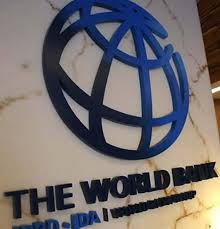The Nigeria Centre for Disease Control and Prevention (NCDC) confirmed the outbreak of dengue fever in Sokoto State on Saturday.
In a statement posted on its website, the NCDC reported that the outbreak was detected in November 2023.
According to the statement signed by the NCDC Director General, Ifedayo Adetifa, 71 suspected cases, 13 confirmed cases, and zero deaths have been reported so far in the state from three Local Government Areas – Sokoto South (60 cases), Wamako (three cases), and Dange Shuni (one case).
Most of the suspected cases reported fall within the age range of 21-40 years. Dengue fever is a viral infection transmitted to humans through the bite of infected mosquitoes and is commonly found in tropical and sub-tropical climates.
The symptoms of dengue fever may include high fever, severe headache, pain behind the eyes, muscle and joint pains, nausea, vomiting, swollen glands, and rash. Although most people have mild or no symptoms, severe cases can occur, potentially leading to death.
The NCDC-led multisectoral National Emerging Viral Haemorrhagic Diseases Technical Working Group, in collaboration with partners and stakeholders, has conducted a rapid risk assessment to guide preparedness activities.
The current risk level of the dengue outbreak is assessed as moderate based on a dynamic risk assessment.
The statement assured that there is currently adequate in-country capacity for an effective response to the outbreak.
Nigeria has responded to previous viral haemorrhagic fever epidemics like the Ebola Outbreak in 2014 and Lassa fever, which has strengthened preparedness and response capabilities for viruses like dengue over the years.
The NCDC is working to optimize existing laboratories for Dengue Virus (DENV) diagnosis and enhance preparedness and readiness. It also mentioned that an effective response system is in place with control capacities to limit the risk of spread to other states.






















Discussion about this post